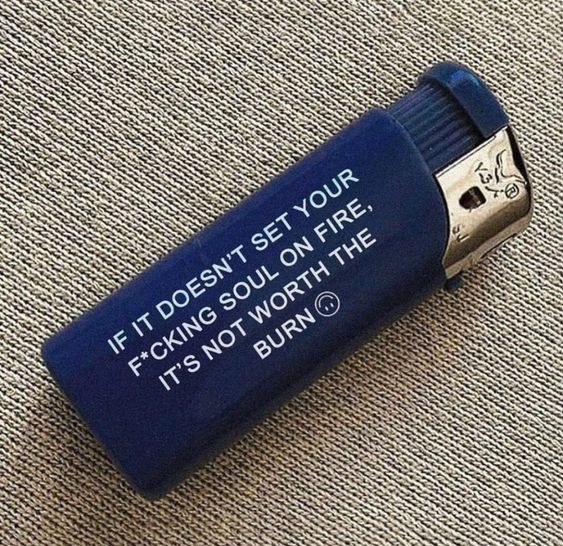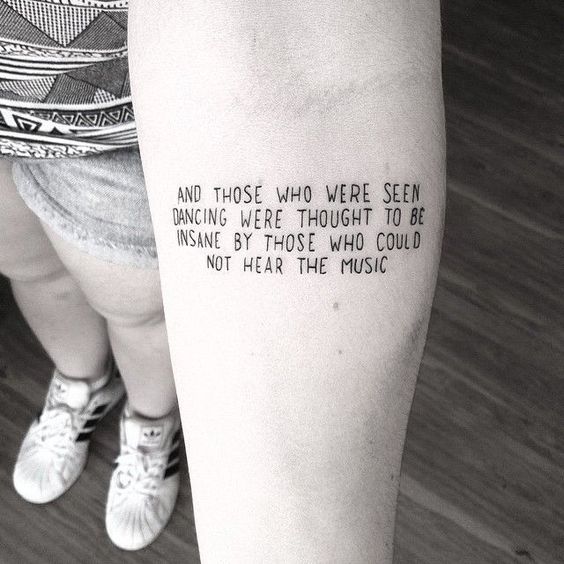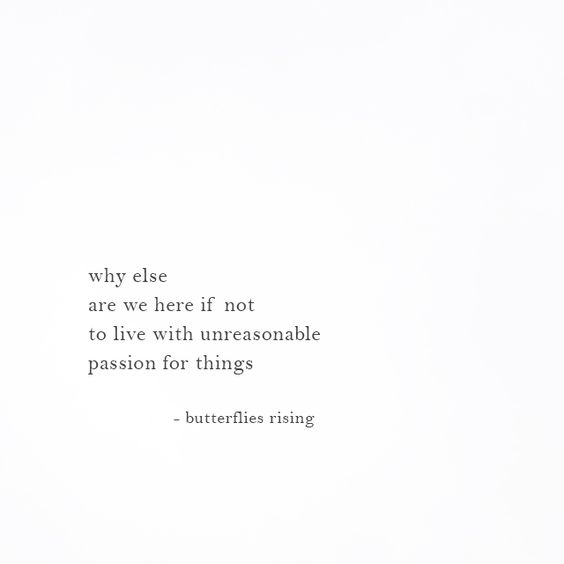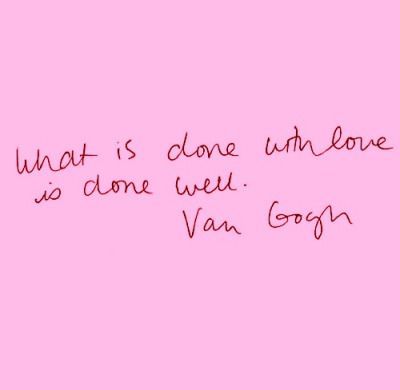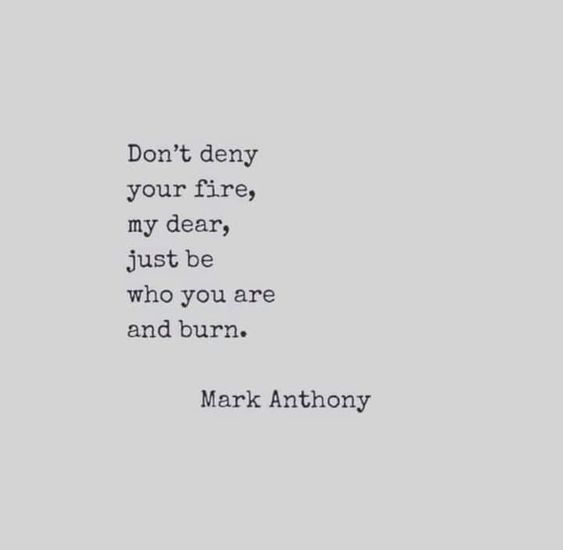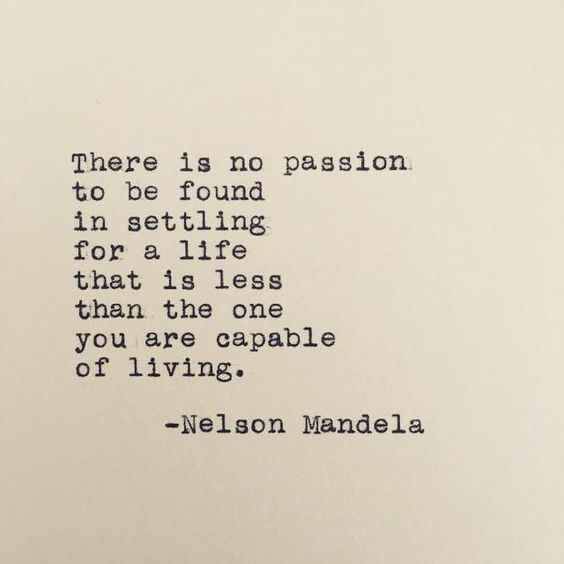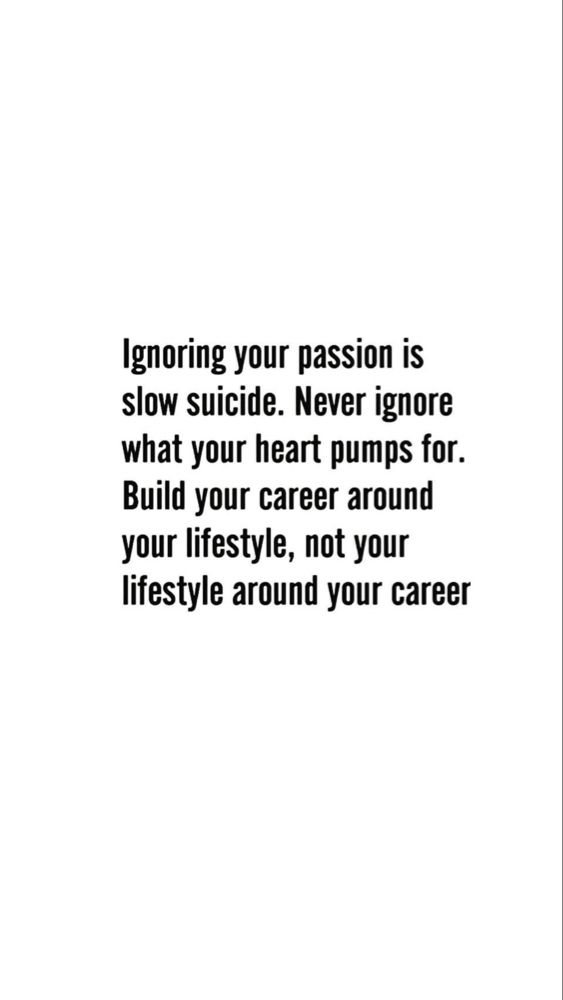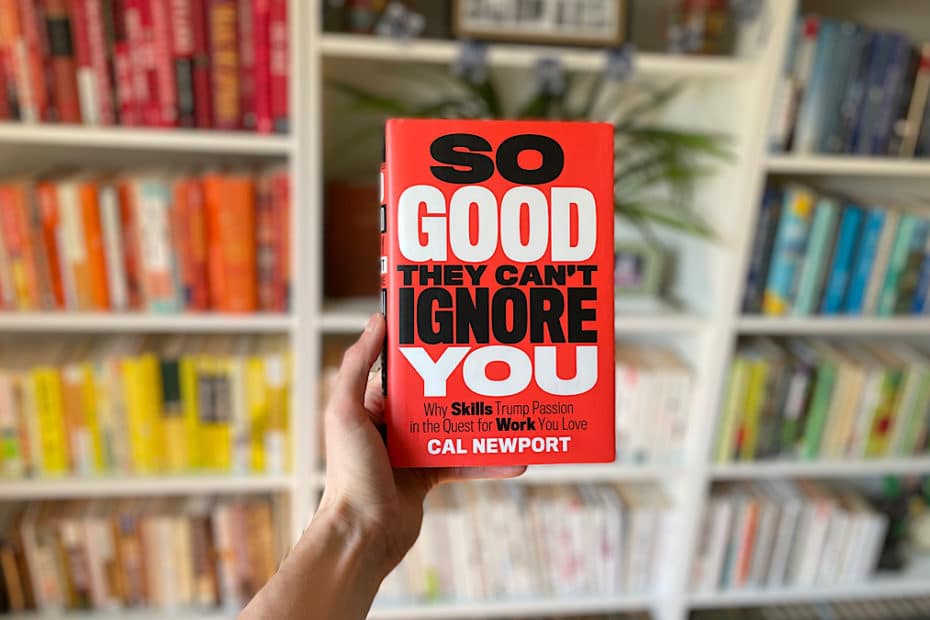Adam Sandler’s Speech from Hustle [2022] “Never Back Down”
Excerpt: Adam Sandler’s speech from Hustle [2022] is one of the all-time great motivational speeches played in a sports movie. Read/ watch it here…
Read More »Adam Sandler’s Speech from Hustle [2022] “Never Back Down”
“There are two very clear indications of real science and real art: the first inner sign is that a scholar or an artist works not for profit, but for sacrifice, for his calling; the second, outer sign is that his works are understandable to all people. Real science studies and makes accessible that knowledge which people at that period of history think important, and real art transfers this truth from the domain of knowledge to the domain of feelings.”
Leo Tolstoy, A Calendar of Wisdom (Page 196)
The Difference Between Amateurs and Professionals
Excerpt: Inspired by a thread posted by Sahil Bloom, here are (some of) the main differences between amateurs and professionals. And they’re not small.
Read More »The Difference Between Amateurs and Professionals
“In order to master a field, you must love the subject and feel a profound connection to it. Your interest must transcend the field and border on the religious.”
Robert Greene, The Daily Laws (Page 21)
“Anything that must yet be done, virtue can do with courage and promptness. For anyone would call it a sign of foolishness for one to undertake a task with a lazy and begrudging spirit, or to push the body in one direction and the mind in another, to be torn apart by wildly divergent impulses.”
Seneca, via The Daily Stoic (Page 259)
12 Cal Newport Quotes from ‘So Good They Can’t Ignore You’
Excerpt: Follow your passion is bad advice. Read these powerful Cal Newport quotes from ‘So Good They Can’t Ignore You’ and find out why…
Read More »12 Cal Newport Quotes from ‘So Good They Can’t Ignore You’
“If your goal is to love what you do, you must first build up ‘career capital’ by mastering rare and valuable skills, and then cash in this capital for the traits that define great work.”
Cal Newport, So Good They Can’t Ignore You
“If you want to love what you do, abandon the passion mindset (‘what can the world offer me?’) and instead adopt the craftsman mindset (‘what can I offer the world?’).”
Cal Newport, So Good They Can’t Ignore You
“Don’t obsess over discovering your true calling. Instead, master rare and valuable skills. Once you build up the career capitol that these skills generate, invest it wisely. Use it to acquire control over what you do and how you do it, and identify and act on a life-changing mission. This philosophy is less sexy than the fantasy of dropping everything to go live among the monks in the mountains, but it’s also a philosophy that has been shown time and again to actually work.”
Cal Newport, So Good They Can’t Ignore You (Page 230)
“Put aside the question of whether your job is your true passion, and instead turn your focus toward becoming so good they can’t ignore you. That is, regardless of what you do for a living, approach your work like a true performer.”
Cal Newport, So Good They Can’t Ignore You (Page 39)
“The happiest, most passionate employees are not those who followed their passion into a position, but instead those who have been around long enough to become good at what they do. On reflection, this makes sense. If you have many years’ experience, then you’ve had time to get better at what you do and develop a feeling of efficacy. It also gives you time to develop strong relationships with your coworkers and to see many examples of your work benefiting others. What’s important here, however, is that this explanation, though reasonable, contradicts the passion hypothesis, which instead emphasizes the immediate happiness that comes from matching your job to a true passion.”
Cal Newport, So Good They Can’t Ignore You (Page 17)
